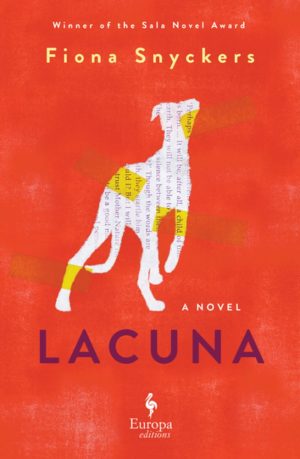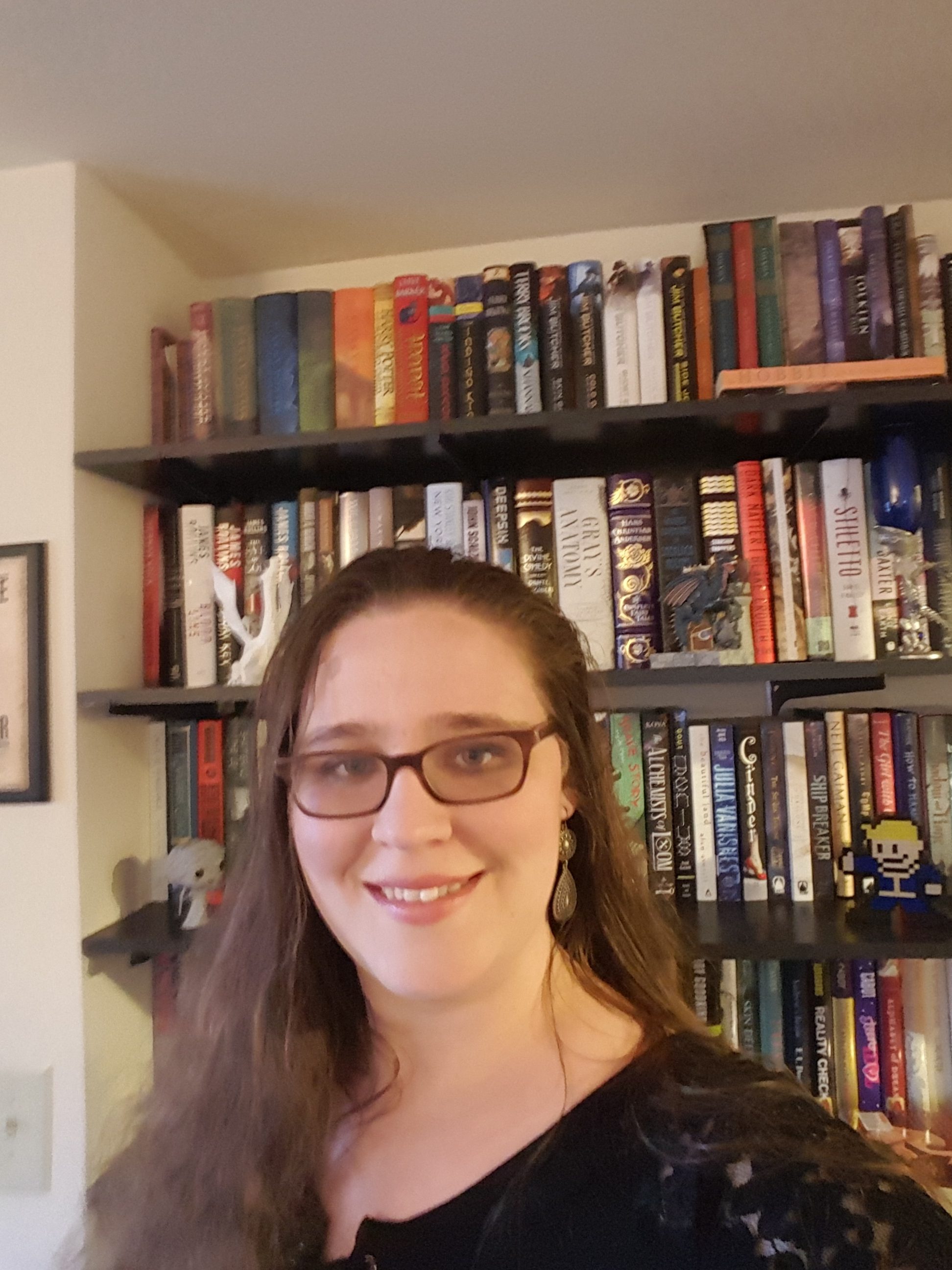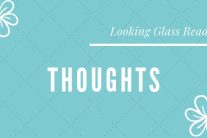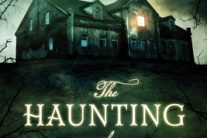 Lacuna
LacunaBy: Fiona Snyckers
Release Date: January 11, 2022
Publisher: Europa Editions
Received From: Publisher
(All reviews are our own, honest opinions.)
Rating:
If author J.M. Coetzee’s award-winning novel Disgrace is mentioned in a room full of people, it will certainly become the topic of hot debate, despite it being released several decades ago. Literary responses to this work aren’t short in number, but standing out among them is Fiona Snyckers’s novel Lacuna.
The novel sets out to tell the story of Lucy Lurie, from Coetzee’s Disgrace, from the character herself, which is certainly an interesting take I was quite excited to see. Unfortunately, it does so with all the sophistication and grace of a horde of over-tired, sugared-up toddlers in a candy store.
Set two years after the night she was attacked and raped, Lucy tells us the story of what happened and how she attempts to exact some sort of revenge from a fictionalized Coetzee who put her story in print without her permission.
Lucy is an unreliable narrator, sometimes to a higher degree than readers may expect. This sets an interesting tone and could have led to interesting places. However, the unreliable sections are easily identified, often by Lucy herself, and in the end, add quite little the majority of the time. Much more interesting are the more reliably narrated sections. Even when not blatantly fabricated, Lucy isn’t the most reliable of a storyteller, and it is these sections that sing.
The novel discusses many things: gender, race, agency, sexual violence, post-Colonialism, patriarchy, feminism. However, it never quite lingers on any of these long enough to fully explore them. Many topics are talked about, but never in much depth, always getting so close to saying something incredibly insightful or powerful, but always just missing the mark. This can make the novel feel rather performative, even though that was clearly not the author’s intention.
Dialogue is often stilted, and again, very performative. Characters have a tendency to discuss Book Lucy in comparison to Main Character Lucy and what Book Lucy represents. This often comes across as ham-fisted, the characters and narration never truly being allowed to breathe and readers not allowed to naturally draw their own conclusions. There is no real discussion of the topics spoken about that is naturally borne out of the character’s actions, just armchair dialogue that feels forced, and at times, can border on preachy.
The time period the story takes place in is also quite ambiguous. The original novel Disgrace was published in the 1980s, and that is also when this novel is set. Lucy mentions more than once that two years have passed since that fateful day when she had been attacked, meaning this would be set in the early 1990s at the most. However, cell phones, hashtags, and all manner of modern terms and online lingo are used. While this is most likely meant to be a bit metaphorical—that all of this has happened before and is happening now, the universality of Lucy’s experience—it simply doesn’t work as intended, at least not all of the time.
One major theme of the book is Lucy’s quest to confront John Coetzee, the in-world author of the book Lucy was featured in. She feels rightly violated in having her story told by another, and not told accurately. Lucy is incredibly fixated on this, almost to an obsessive level, which is very understandable. However, since Coetzee is a real-life individual, it feels odd, squicky, and somehow invasive to have Lucy so driven to confront him and speak about how she more than dislikes him on a page-by-page basis.
Despite all of this, there is something quite interesting buried within the novel. It is only towards the end that the book finally feels as if it has found its footing. This section is downright riveting, Lucy’s unreliable narration absolutely singing. This is what the entirety of the novel aspires to be but usually remains just out of the prose’s reach.
Lucy remains an interesting character no matter which author’s hands she finds herself in. There is a part of this novel that absolutely sings, that hits each note completely spectacularly. Lacuna asks big questions, and it leaves readers with a great deal to chew on. However, the novel doesn’t quite feel as if it reached the literary goals it set for itself, and it trips over itself just as much as it doesn’t. Unfortunately, Lacuna didn’t quite live up to everything it set out to do.






Post a comment